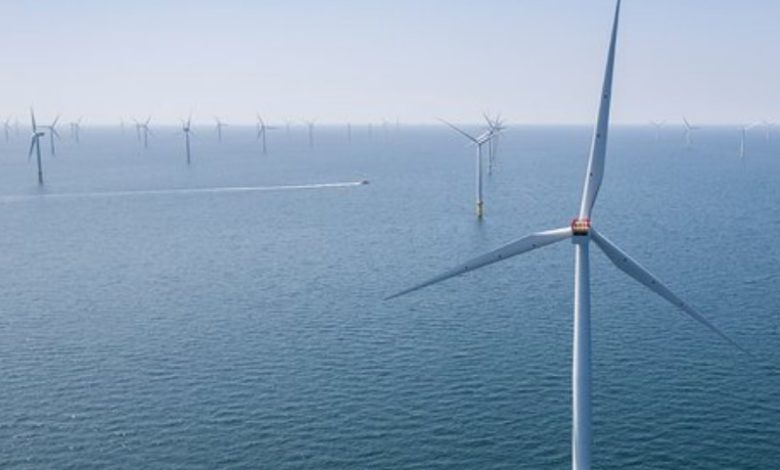Avangrid fails to renegotiate power purchase agreements for Commonwealth Wind project

In a statement on the Commonwealth Wind project website, Avangrid indicated that “unprecedented challenges in the global economy” have made the project economically unviable.
Avangrid had tried to renegotiate its contracts with the three electric distribution companies (EDCs) involved in the project to offset its increased costs due to inflation, but the companies refused “to immediately engage on this matter,” according to the statement.
The project, to be developed south of Martha’s Vineyard off the coast of Massachusetts, was awarded in December 2021 through a competitive procurement process to a joint venture that brought Avangrid together with Copenhagen Infrastructure Partners. In January 2022, after a restructuring, Avangrid took 100% ownership in the project.
The company signed power purchase agreements (PPAs) with EDCs Eversource Energy, National Grid and Unitil in May this year, but said that, since then, “supply chain disruptions, historic levels of inflation and rising interest rates” made the project unworkable without some concessions from the EDCs.
In a motion filed on December 16 with the Massachusetts Department of Public Utilities (DPU), Avangrid asked the state to dismiss proceedings related to the PPAs, which it said, “do not meet the fundamental statutory threshold … to facilitate the financing of offshore wind energy generation.”
The company, which said it has “invested millions of dollars already in its permitting and development” for the project, hopes the state will include the project “in the upcoming offshore wind solicitation slated for April 2023.” Avangrid would update its bid for that auction and said it is confident, “given the advanced stage of the project and its inherent benefits, that it can address the current economic challenges facing the project and offer the most cost-effective pricing [and] a superior timeline for completion.”
Kim Harriman, Sr VP for State Government Affairs at Avangrid, told the Massachusetts State House News Service: “We have to get to a point where the contract allows the project to go to financing, and under the current structure, it just isn’t there. We have to be able to finance it, and frankly, we can’t do that with the current contract. So, we think that going out to bid in 2023, that the state issuing that bid, will allow us to put in a contract proposal that reflects a project that we can finance.
“We are coming up to the end of the year, and time is slipping through our fingers, frankly,” she said. “In order to avoid protracted litigation – I mean, you’ve got counterparties not even willing to talk and have said, verbatim, we’re not going to negotiate no matter what they say – it seems to us that the best way forward to deliver cost-effective clean energy for residents of Massachusetts is to move for this dismissal.”
The DPU will review the motion and decide whether to approve or reject Avangrid’s motion to dismiss the contracts.
In November, Massachusetts Governor Charlie Baker said he had “no interest in reopening anything” and that contract negotiation is “a discussion to take place between [Avangrid] and the utilities.”
